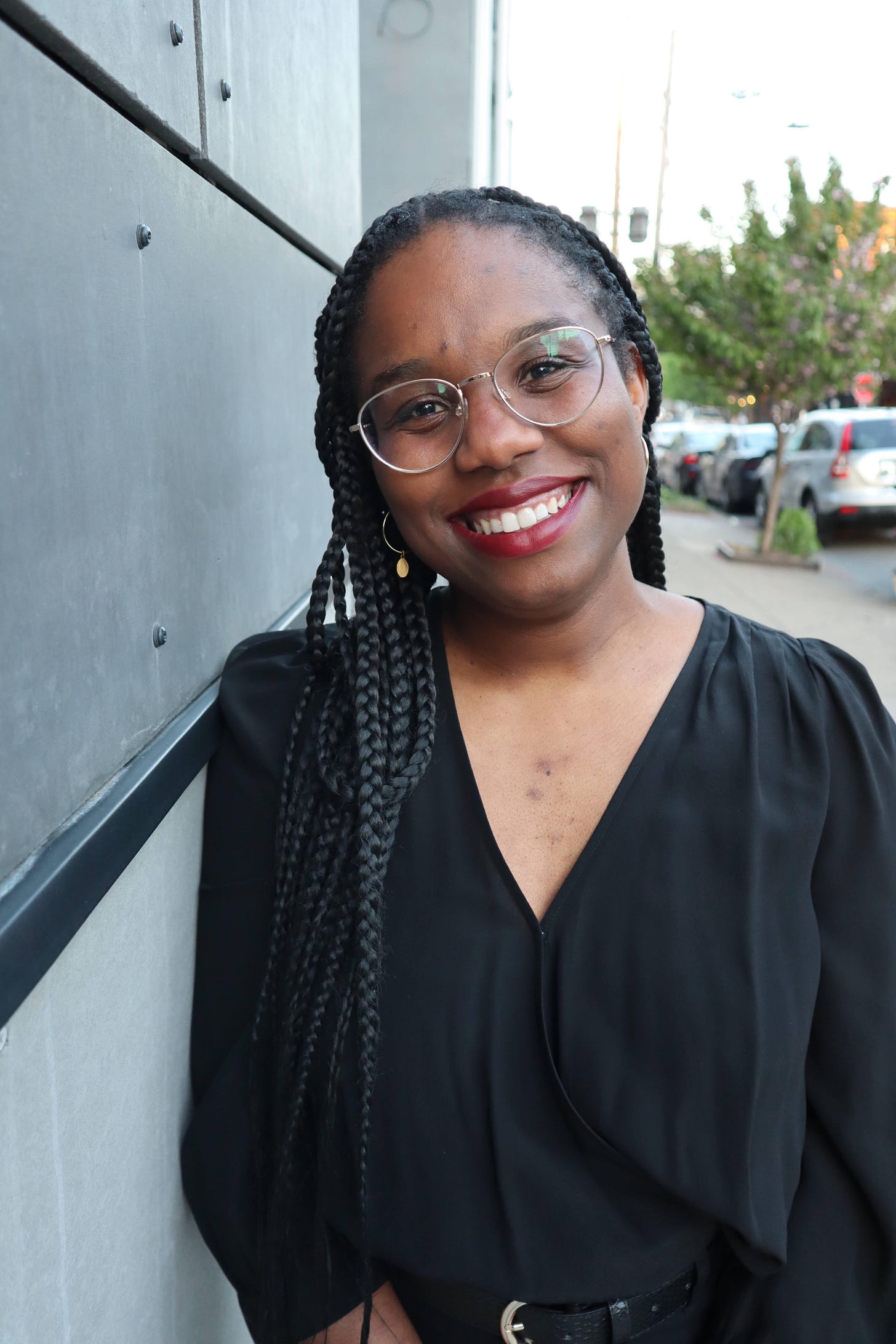The founders of a new initiative say the Catholic Church could be a leader on discussions about racism and discrimination — but right now, it’s not. Their new project, the Before Gethsemane Initiative, aims to address that.
“The Church should be leading on these issues, and sh…

